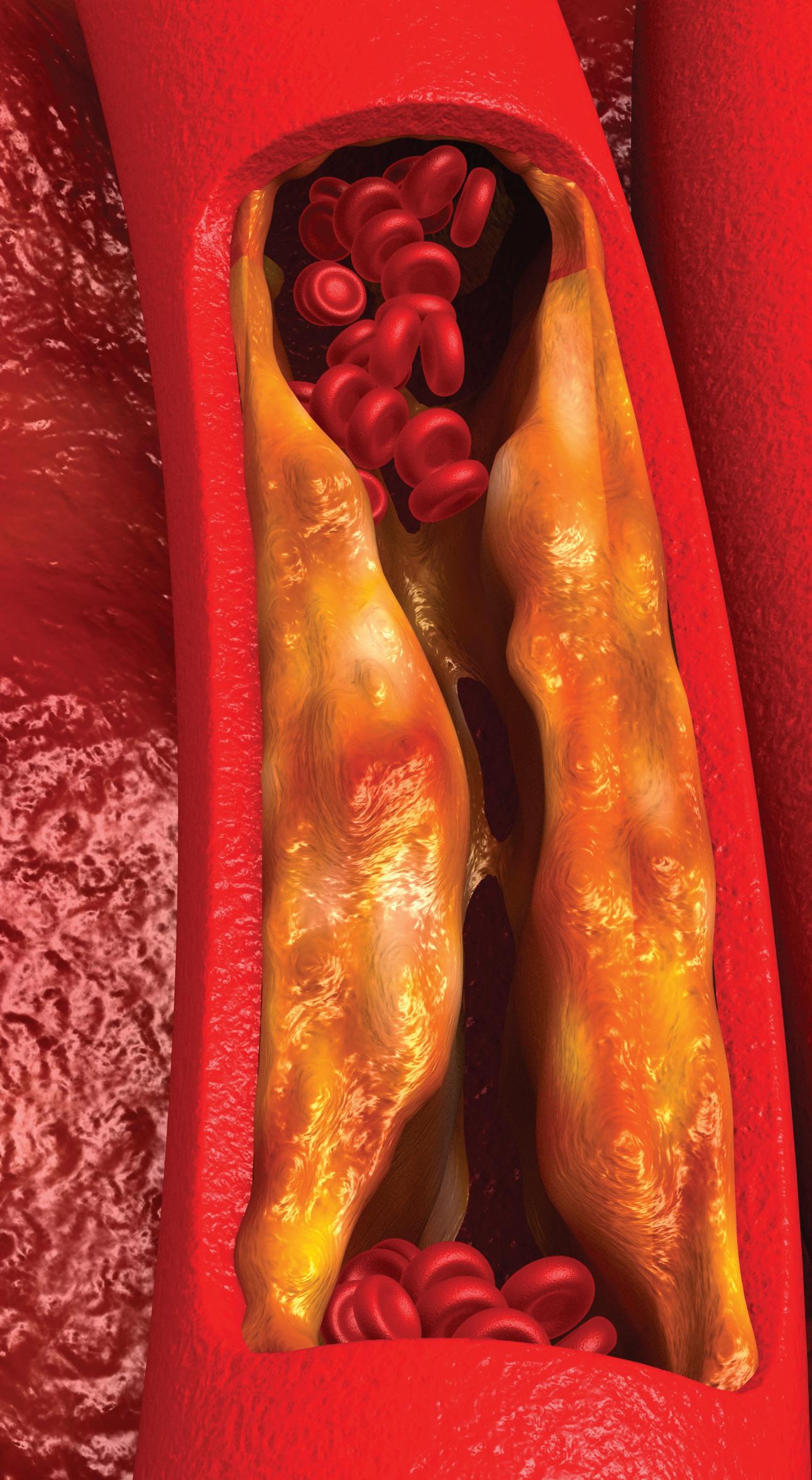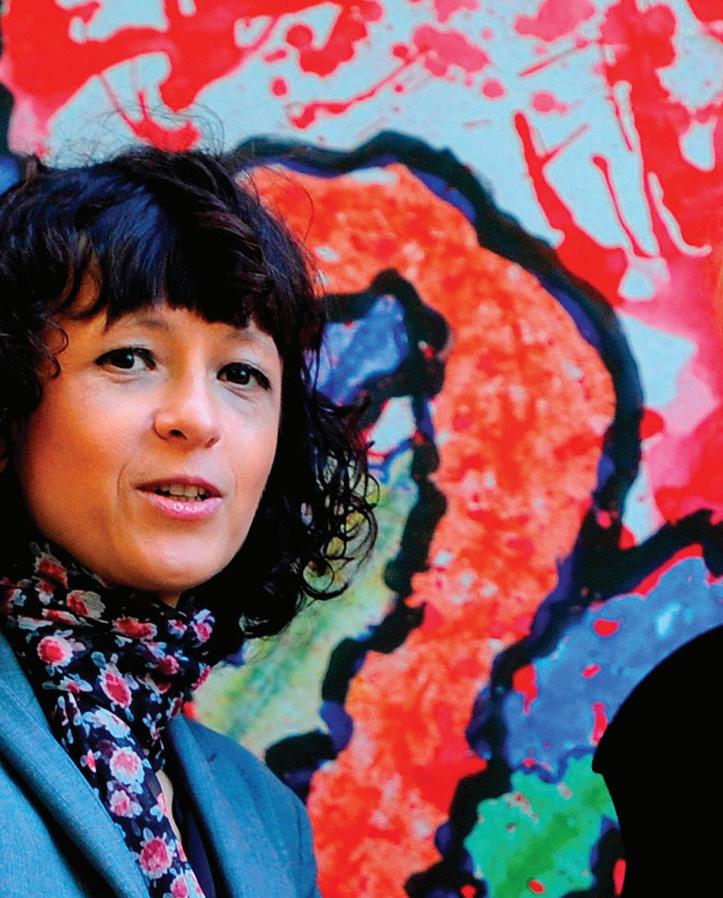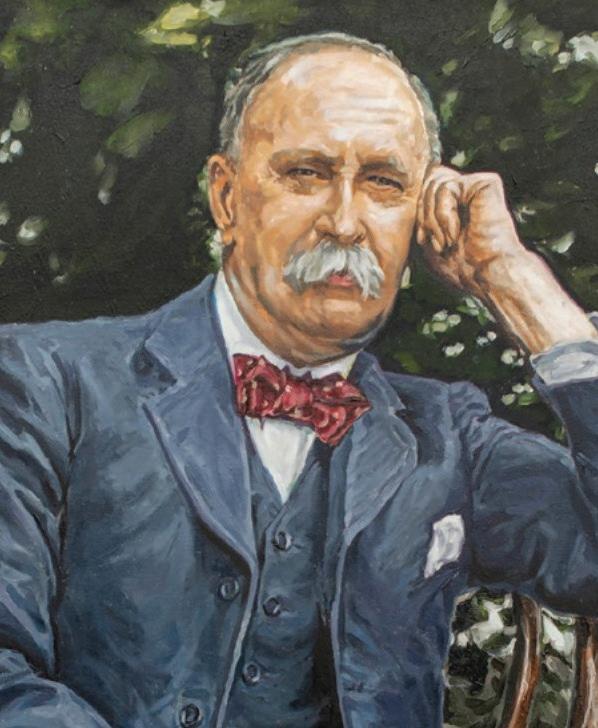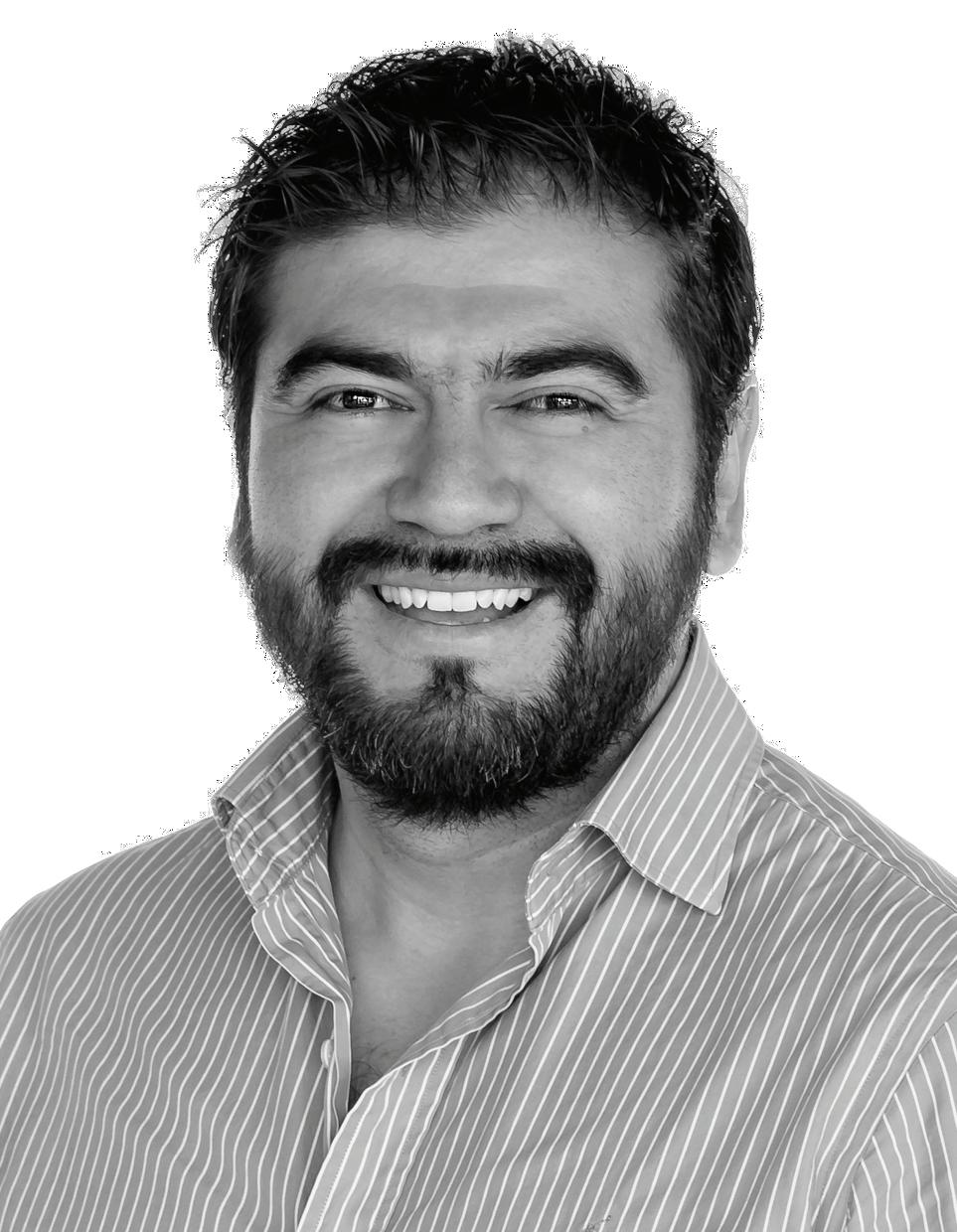22
T H E S C O P E A N D R E L E VA N C E OF CLINICAL RESEARCH Federico Lerner
ART & LITERATURE
Operations Director at LatinaBA, a regional CRO; and President of CAIC, Argentine Congress of Clinical Research. Dr. Lerner was responsible for leading many different clinical research teams for the first time to conduct large global registry trials, he was a former Latin American chief of four major global CROs.
For all of us who work in science, it is a basic tenet that scientific and technological advances generate progress in our society. We have learned in our day-to-day lives that bringing this sense of science to the general population is our duty. We have clearly realized, over the last few decades, more through errors than by lack of development, that this explanation and popularization of science, which support clinical research, is an obligation. People do not generally read scientific publications for pleasure. Today only those who are working on a given subject have the capacity to understand concretely what is being expressed in scientific articles. They are not easy reading, often filled with scientific nomenclature or even complex formulas, incomprehensible to those who are not in the field.
One of the best definitions of science I know defines it as the generation of knowledge, but the knowledge obtained does not necessarily provide a benefit to society. Especially in health issues, there are numerous examples of studies that replicate previous findings, repeat things already known, or lack methodological support. Their results are simply not valid. I believe that in this way clinical research can be methodically formulated in order to generate knowledge that can be applied as a benefit to our society. Clearly, it will not happen overnight, but it is a basic principle that the subjects
participating in the research have a potential benefit and that society can benefit from that knowledge generated. Throughout our history, and especially over the last two hundred years (to set a rather arbitrary date), society has seen the greatest scientific findings in the field of health care. Van Leevwenhoeck and Spallanzani began the era of microbiology, putting a number of “living beings� in the dock as responsible for numerous diseases. Koch, with his postulates, classified matter as living or non-living (within the scope of his time). In the late 1800s and early 1900s, Paul























